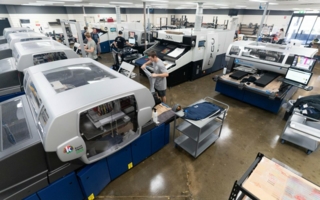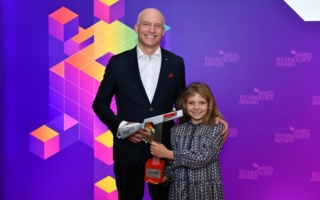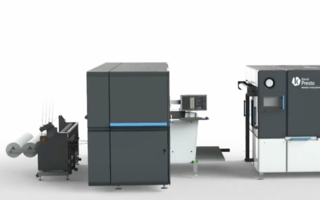
With approximately 3,100 employees, sales revenue of EUR 1,092 million in 2019 and a network of production and sales sites located throughout Europe, North America, South America and Asia, RadiciGroup is one of the world’s leading producers of a wide range of products and solutions für the textile industry. © RadiciGroup










